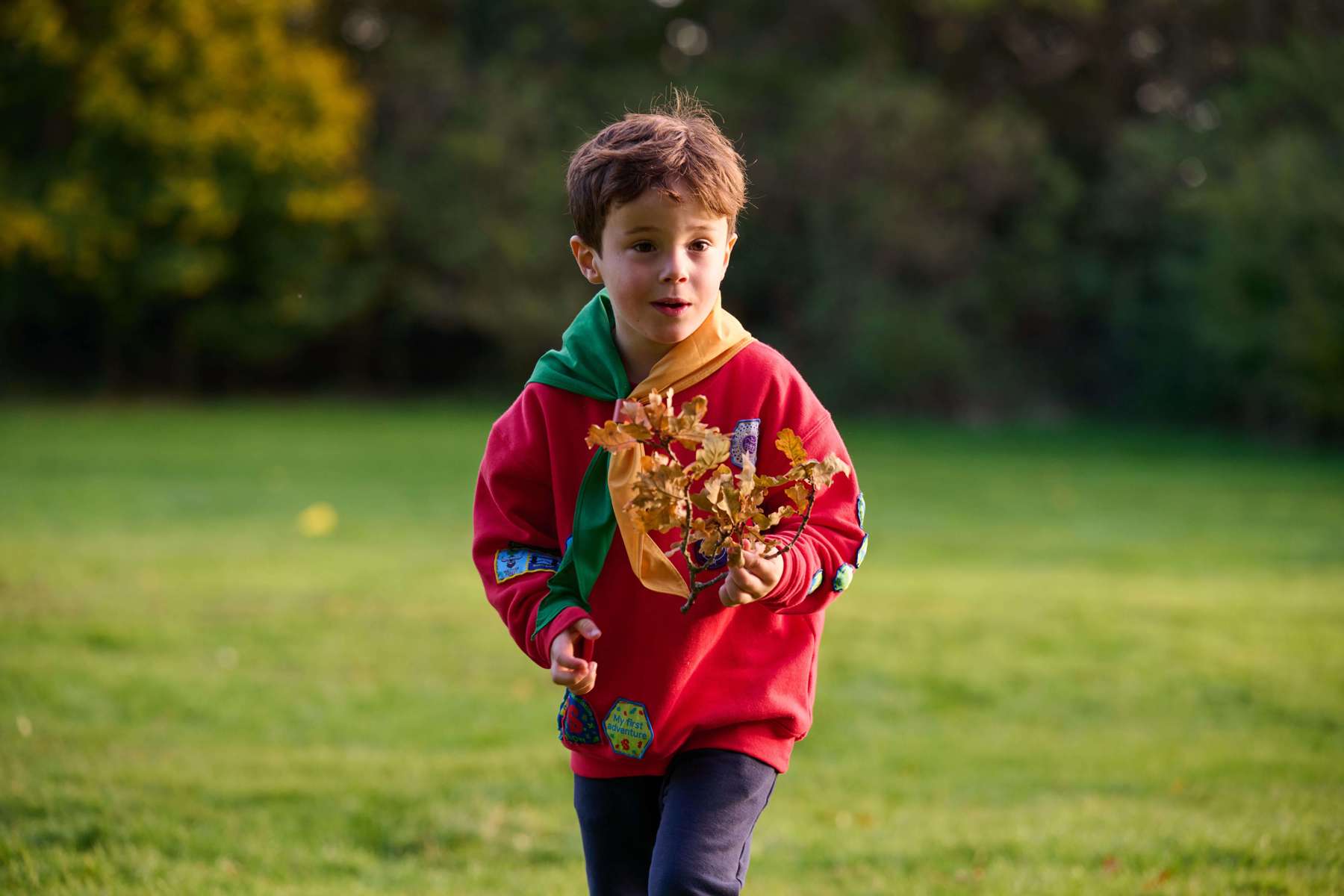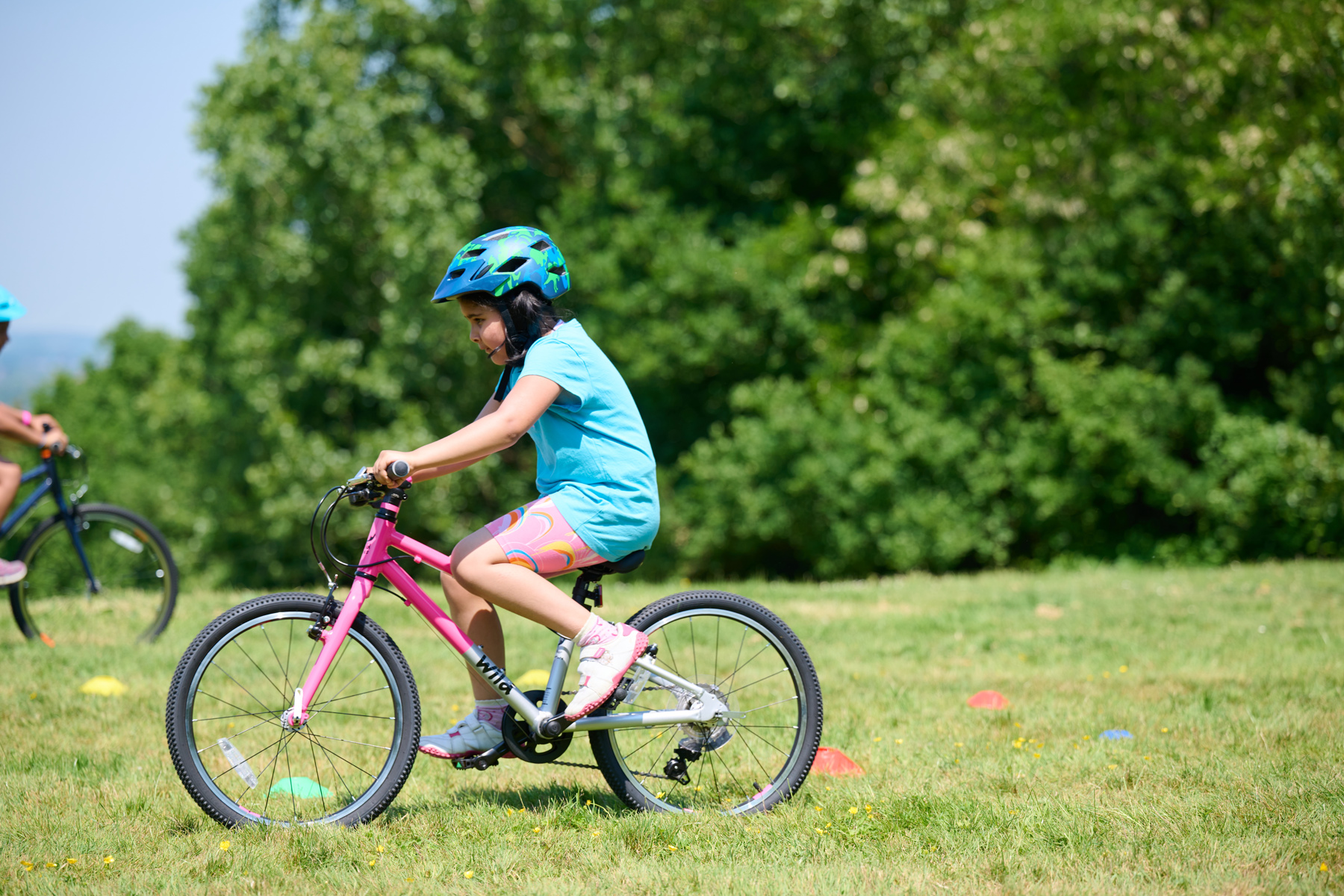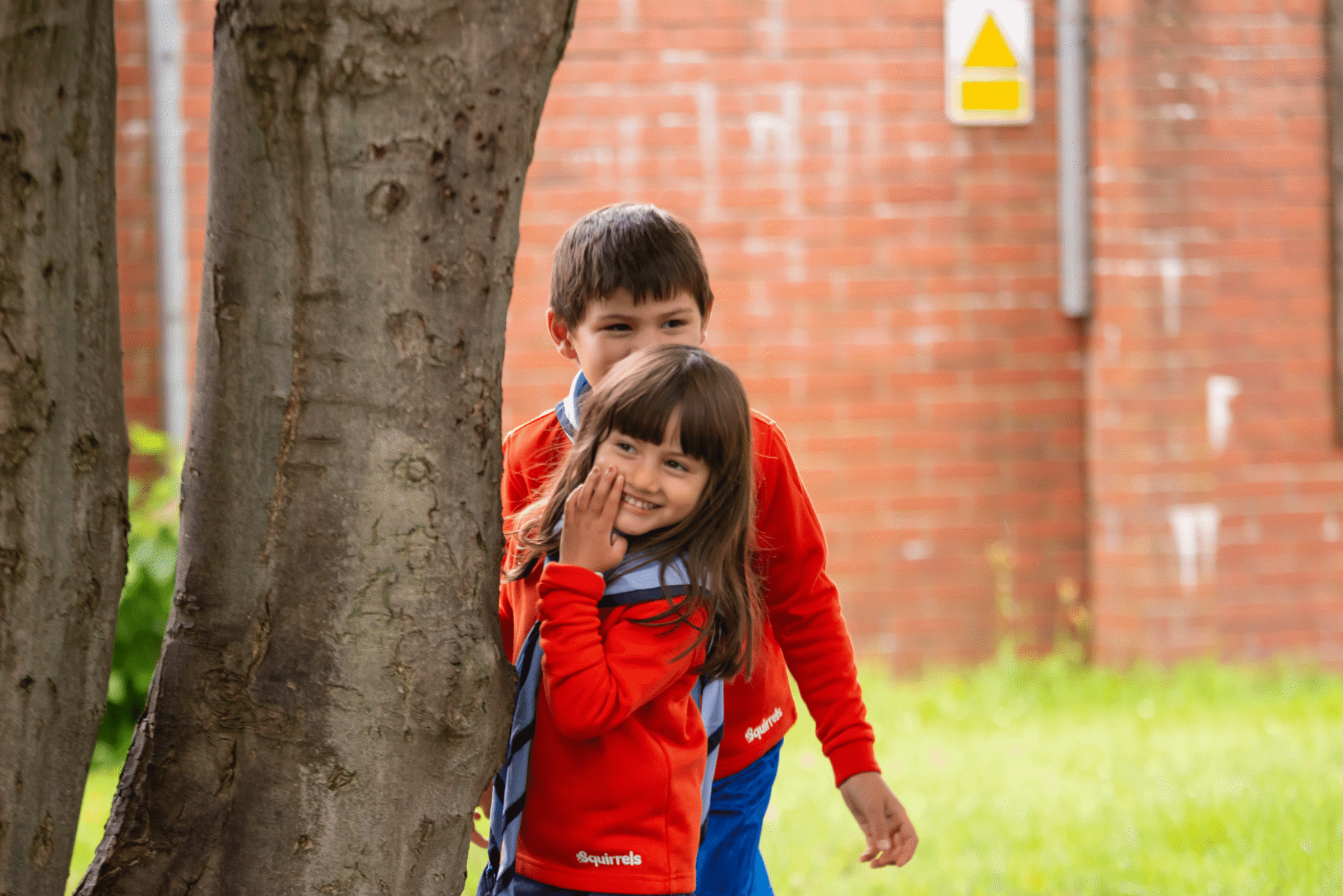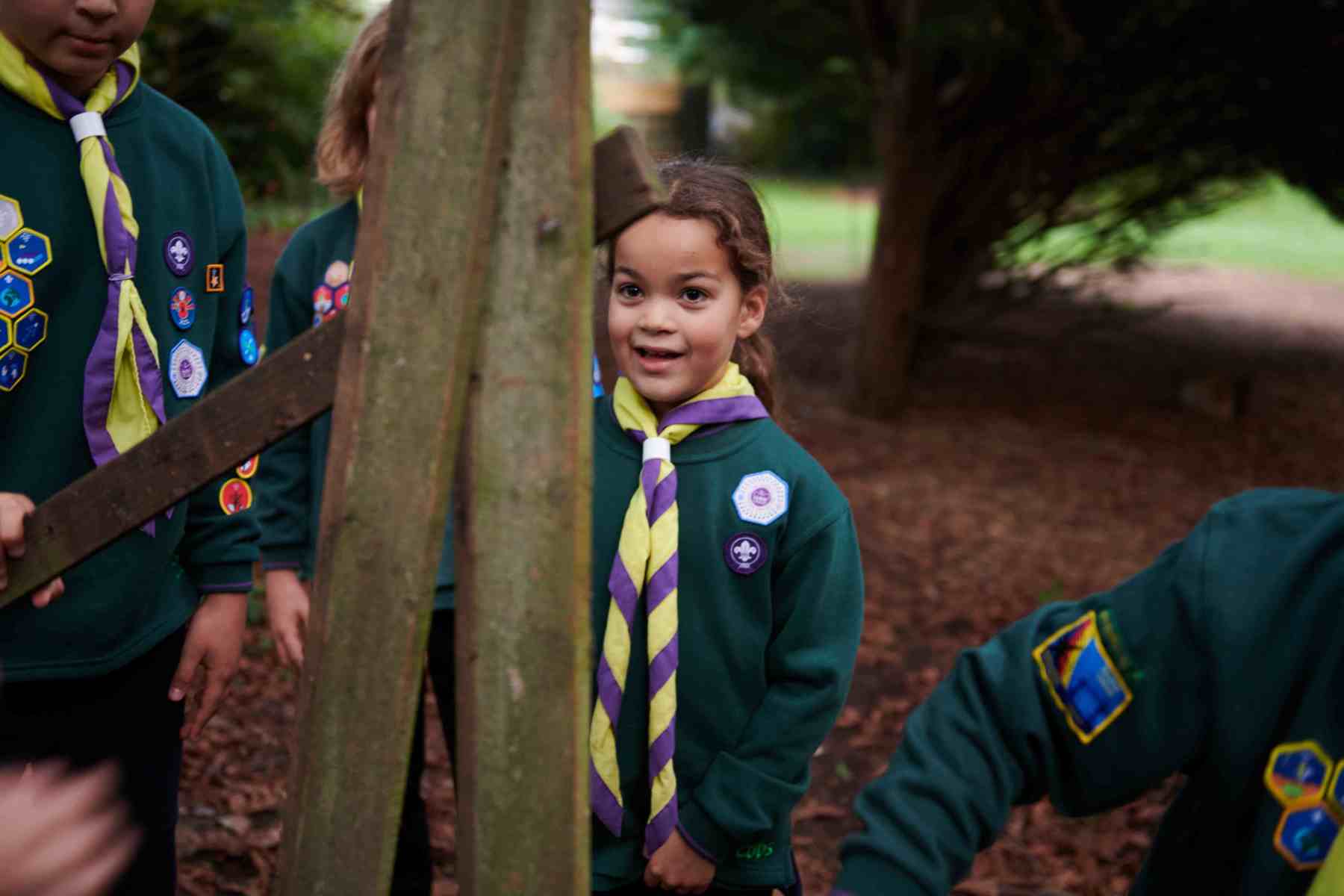11 benefits of being outdoors for Children's Mental Health Week
In a fast-paced world, it's easy for us to forget to take time to slow down, relax and enjoy the simple things that nature has to offer.
From inspiring creativity to building resilience, we’re sharing 11 incredible benefits that being outdoors can bring to our lives.
Whether it's the rustling of leaves, the scent of pine, or the feel of soil beneath our fingers, nature has a calming effect. It improves our mood, encourages us to be present in the moment, and reduces our stress and anxiety levels.
It’s Children’s Mental Health Week from the 5-11 February. So, wrap up warm, put on your coat and let's discover why being outside is good for us!

Practice creativity
Whether it's capturing a stunning landscape with a camera, making crafts using pinecones, sketching under a shady tree, or writing poetry with birdsong in the background, being in nature sparks the artist inside all of us.
Have curiosity
The outdoors is a treasure trove of wonders waiting to be uncovered. From discovering rockpools to watching waterfalls, the outdoors is ideal for the curious mind. Let your natural curiosity lead you to new and exciting places - who knows what fascinating secrets the world beyond your doorstep holds?
Become self-sufficient
Whether it's setting up a tent, building a fire or navigating with a map spending time outdoors teaches valuable life skills, such as resourcefulness and resilience. These skills not only make you more self-sufficient and self-dependent, but can also give you a sense of confidence that extends far beyond the forest floor.

Develop bravery
Nature isn't always a walk in the park, but overcoming its challenges can be very rewarding. Whether it’s building a tent for the first time, overcoming the fear of holding a spider or facing the unpredictability of weather while camping, well-planned outdoor activities provide a safe environment for developing bravery and courage.
Learn respect, compassion and care
Spending time outdoors can give us a deep sense of connection with nature. From being fascinated by the beauty of wildlife to learning the Countryside Code and seeing the damage littering has, being outdoors teaches respect, compassion, and care. It gives us all a passion to help other people and the world around us.
Time to relax, pause and unwind
Life can be busy, especially with work, school, college, exams, housework and extra-curricular activities. Whether it's sitting in a peaceful park or a weekend trip to the beach, spending time in nature provides a much-needed sense of calm. Why not let the fresh air and natural surroundings help you unwind this week?
Get messy
In the outdoors, it's okay to get a little messy, wet and muddy. Jump in puddles, rolling in grass, and stomp through mud. Breaking free from the constraints of everyday cleanliness allows you to embrace your inner child, giving a sense of freedom and spontaneity.

Learn about nature and the world around us
Nature’s a fascinating teacher. From identifying different plant species to understanding the intricate ecosystems that support life, the outdoors offers a wealth of knowledge waiting to be discovered. Stepping outside, from beaches to backyards, expands our understanding of the world and can help us gain a deeper appreciation for life.
Believe in yourself and develop confidence
Every mountain climbed, every den built and every night spent under the stars can build a foundation of self-belief. Naturally, being in the outdoors presents challenges, and overcoming them can boost your confidence. Whether it’s holding a ladybird or learning to ride a bike, the triumphs in the outdoors become stepping stones to realising your potential in other aspects of life.
Spend time with others
The outdoors is a fantastic setting for shared experiences and lasting friendships. Whether it's a group hike, a community project, a camping trip, or a friendly game of Frisbee in the park, the natural environment encourages collaboration, memory making and teamwork. For some people, it can also be a comfortable space to talk about how they’re feeling or what their worries might be, especially when sat around a campfire.
Use your imagination
With the world as your playground, the outdoors provides the perfect backdrop for unlocking your imagination. In role-play, dens might become pirate ships, or you might draw a hopscotch in the dirt. You might practice tracking symbols, play hide and seek in the trees, or find mini beasts with a magnifying glass.
So there you have it – 11 incredible benefits of embracing the great outdoors. From sparking creativity to building lasting connections, nature has the power to help improve young people’s self confidence, self esteem, and mental health. So, put down your devices, step outside, and let the adventure begin. The world’s waiting for you to explore, and the benefits are boundless. Happy adventuring!

Getting the outdoors into your Scouts programme, wherever you are
Outdoor in 24 is encouraging Scout sections, from Squirrels to Network, to get outside throughout 2024. Try our Outdoors in 24 challenge to try something new in the great outdoors this year and earn our Outdoor in 24 blanket badge.
From making art from natural materials or sleeping under the stars to paddle-boarding across a lake or visiting a local farm, what will you get up to in the great outdoors this year? Be inspired by our Scouts activity finder.

Staying safe in Scouts
All activities in Scouts must be safely managed.
You need to complete a risk assessment and take appropriate steps to reduce risk. Use the safety checklist to help you plan and risk assess your activity. Take a look at our guidance to help you carry out your risk assessment, including examples.
Always get approval for the activity, have suitable supervision and an InTouch process.
Remember to check the safety information for each activity, including what safety equipment and permits you’ll need.
Make sure you’ll have enough adult helpers. You may need some parents and carers to help if you’re short on helpers, always following the Yellow Card.
Remember to make sure all young people and adults involved in the activity know how to take part safely.
Staying safe and safeguarding